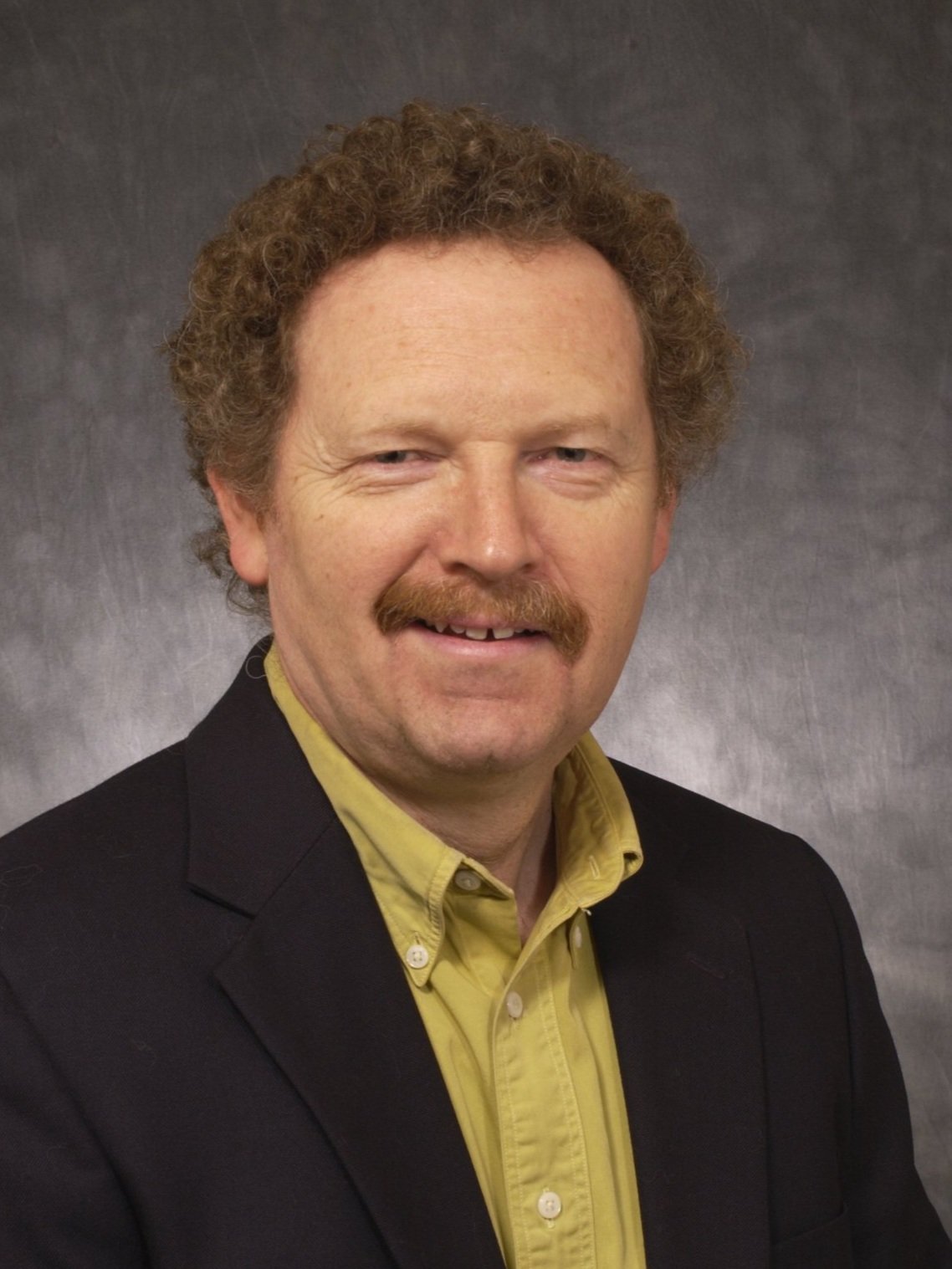While soda bottles and fast-food containers are usually cited as major sources of single-use plastic that escape capture and pollute rivers and oceans, cigarettes often have been overlooked as another major source of plastic pollution. Yet cigarette filters are a form of single-use plastic and, by volume, are likely the most littered form of plastic on the planet. Smokers annually discard about 4.5 trillion cigarette butts with plastic acetate filters, releasing into the environment an estimated 300,000 tons of potential plastic microfibers. Cigarette butts are the most collected plastic waste over 40 years of annual International Coastal Cleanups.
Cigarette filters do not biodegrade and can remain in the environment indefinitely as microplastics. Each discarded cigarette filter can contain 15,000 plastic microfibers. Cigarette butts also hold more than 4,000 toxic chemicals, including tar, arsenic, lead, heavy metals, polycyclic aromatic hydrocarbons and other substances known to be carcinogenic to both animals and humans. The cost of marine ecosystem damage and waste management for plastics in cigarette packaging and butts is estimated at $26 billion per year, but cleanup costs have historically been borne by taxpayers rather than the industry that has sells these problematic products. Policy makers in Europe have moved to place responsibility for cigarette butt cleanup on the tobacco industry. The 2019 European Union Single-Use Plastics Directive addressed tobacco products with plastic filters, requiring new extended producer responsibility (EPR) programs for them. Denmark, France, and Spain have begun to levy EPR cleanup fees on tobacco companies.
EPR laws are widely used in other areas of commerce, requiring producers of electronics, carpet, paint, packaging and other problematic materials to pay for collection and cleanup costs. As You Sow has pressed U.S. companies for many years to adopt EPR for packaging policies they have been subject to for decades in EU countries. These laws have resulted in dramatically increased European packaging recycling rates. Four U.S. states have adopted EPR for packaging laws in the last two years.
As You Sow is expanding its engagement on plastic pollution to the tobacco sector to press U.S. cigarette companies to take responsibility for cleaning up plastic cigarette filter waste. For 2024, we filed a shareholder proposal with Altria Group, one of the world’s largest producers of cigarettes (Marlboro, Parliament and Virginia Slims), asking it to report on taking financial responsibility for cleanup of cigarette butts. As a generator of enormous amounts of plastic waste, Altria and other tobacco manufacturers need to step up and finance cleaning up cigarette filter waste. Until North America catches up to Europe and passes EPR for tobacco filter legislation, the industry should set aside billions of dollars annually to voluntarily support ongoing state and municipal cigarette filter cleanup efforts.
Conrad MacKerron
Sr. Vice President, As You Sow


